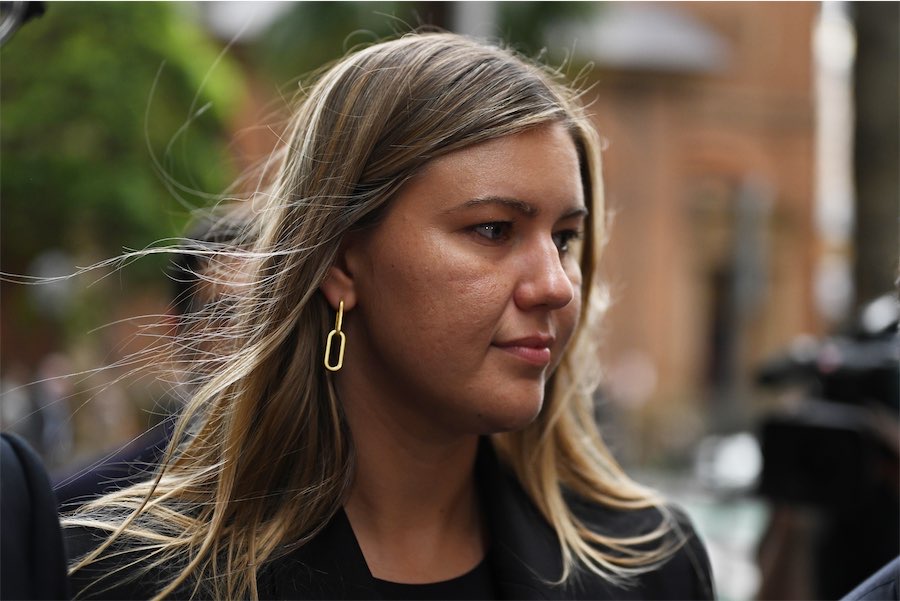A NEW study on women’s child bearing desires has found that ambition and money aren’t the true reasons most Australian women don’t have children.
The study, entitled To have or not to have? Australian women’s childbearing desires, expectations and outcomes, by Dr Sara Holton, Dr Heather Rowe and Professor Jane Fisher of Jean Hailes for Women’s Health found most women want to have children, but many end up with none or fewer children than they hoped because of a range of factors including, no partner or a partner’s reluctance to have children, health problems, education debts and housing concerns.
The study involved 569 randomly selected Victorian women aged between 30 and 34 – the age group with the highest fertility rate in Australia.
“There’s this assumption that women can choose when and how many children they have,” Dr Holton says.
“But women are not having the number of children they hope for. They haven’t lost interest in children but they’re facing barriers to motherhood.”
The study found that 80 per cent of women said they had fewer children than they desired and although they still technically had time to have more children, 54 per cent of women said it was ‘unlikely’ this would happen, often because of circumstances beyond their control.
Some described health problems such as fear of passing on a genetic disease or concerns as to how they would manage to care for a child when their health was poor.
Housing ranked highly, too, with women wanting to reduce a mortgage, to renovate or to move to more suitable accommodation before having a child.
Women who already had at least one child identified important factors that would enable them to start or extend their family included, an interest in motherhood, being able to manage work and family responsibilities, an established career and a partner interested in being a father.
“When we asked women why they’d had a child or had more than one child they identified things like having a partner who also felt it was the right time for children, they’d bought their house, and they had a job where they could take paid maternity leave, return to work with flexible hours or they had access to quality, affordable childcare,” Professor Fisher says.
“So a range of biological, psychological and social factors that influenced women and motherhood – it wasn’t just about cost.”
Dr Holton says her research suggests that women are not able to choose when and if they have a child, or how many children they have.
She says women need a range of supports to help them have more children and lift Australia’s sluggish fertility rate. The fertility rate has been below replacement level since 1976.
“While welcome, this research suggests it’s not as straightforward as offering women the Baby Bonus and providing family tax benefits and childcare benefits,” she says.
“We also need policies that are sensitive to, and address, the childbearing barriers women are facing – such as education for men about the effects of age on women’s fertility; giving women information about how health conditions affect fertility and options to manage that. Maybe women need more assistance to manage paid and unpaid work and we also need to look at housing affordability and education debt repayment schemes so women can afford secure, stable housing to enable them to start their families.”
Who can be trusted?
In a world of spin and confusion, there’s never been a more important time to support independent journalism in Canberra.
If you trust our work online and want to enforce the power of independent voices, I invite you to make a small contribution.
Every dollar of support is invested back into our journalism to help keep citynews.com.au strong and free.
Thank you,
Ian Meikle, editor




Leave a Reply